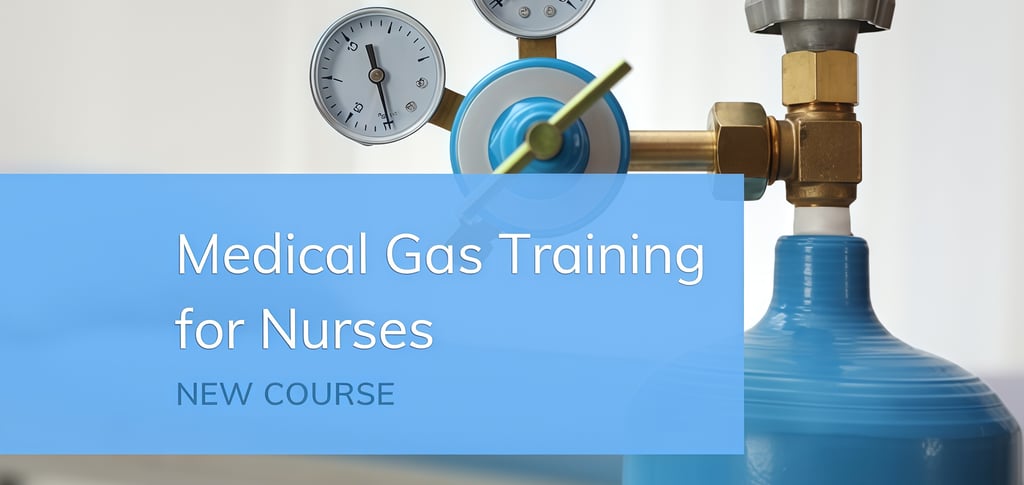The Importance of Medical Gas Pipeline Systems (MGPS) Safety Training for Nurses
10/24/20252 min read


Introduction to MGPS in Healthcare
In every hospital, nurses are the backbone of patient care. Their expertise and vigilance are crucial in ensuring the safety and well-being of patients. One of the essential aspects of patient care that nurses must be trained in is the Medical Gas Pipeline Systems (MGPS). These systems are responsible for delivering life-saving gases such as oxygen, air, and vacuum throughout the healthcare facility. Hence, understanding the intricacies of MGPS is vital for nursing staff.
Why MGPS Safety Training is Essential
The safety training for nurses on MGPS is not merely a precaution; it is a necessity. Understanding the function and potential hazards associated with MGPS can prevent numerous complications and guarantee optimal patient care.
Firstly, proper training prevents the accidental misuse of outlets. With various gases supplied via distinct outlets, it is crucial for nurses to identify and utilize them correctly. Misidentification can lead to severe consequences, including administering the wrong gas.
Moreover, MGPS safety training ensures a quick response to alarms and leaks. Nurses are often the first to be alerted when something goes awry, and their ability to react swiftly can protect patients from harm. Effective response protocols are critical, as delays can exacerbate medical emergencies.
Additionally, training equips nurses to handle situations that may arise during emergencies. For instance, knowing how to switch to a backup supply during outages can be lifesaving. A well-prepared nursing staff mitigates risks associated with service interruptions, ensuring patient safety even under duress.
Key Knowledge Areas for Nurses
Effective MGPS safety training encompasses several key areas. Nurses must become adept at identifying and understanding the color coding of different gases. Each gas comes with specific colors that indicate its type. This knowledge is vital for preventing errors in administration and ensuring proper handling.
Another critical aspect is safe handling of terminal units and flowmeters. These components require careful management to avoid leaks and other issues. Nurses trained in using these systems correctly can significantly reduce risks associated with MGPS.
Lastly, immediate action protocols should be second nature to any nurse. This training ensures that nurses know precisely how to respond in case of an emergency involving the MGPS, thereby enhancing the safety of the entire hospital environment.
In conclusion, training nurses on MGPS safety is imperative for ensuring patient safety and effective healthcare delivery. As the first line of defense, nurses must be equipped with the knowledge and skills necessary to navigate the complexities of medical gas systems effectively and safely. This investment in training not only protects patients but also enhances the overall function of the healthcare facility.
Services
© 2024. All rights reserved.
Products


We're Making it easier to find Better Medical Devices
Find us on Map:
Contact Information
Phone: +91 9029457428 | +91 9833236604 | +91 7506374381
Email : medevices2018@gmail.com | sales@medevices.in
